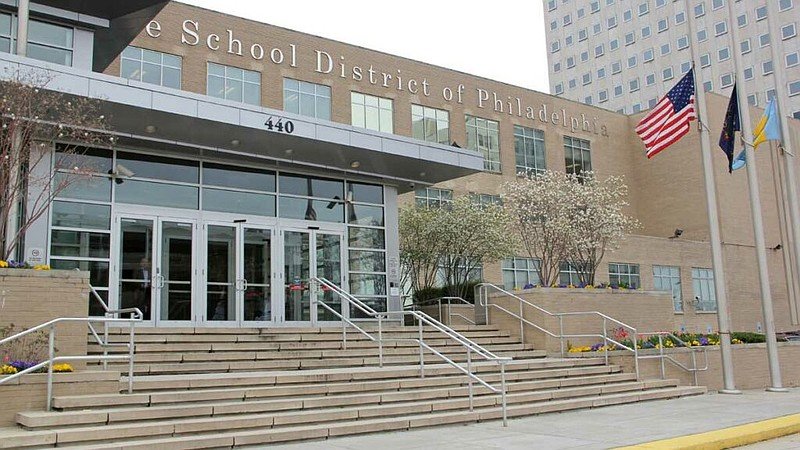Nearly ₹5.84 crore in public funds meant for education and infrastructure was siphoned from the School District of Philadelphia in a cyber fraud scheme where threat actors impersonated legitimate vendors. The incident has sparked an investigation, triggered internal reforms, and raised fresh concerns over cybersecurity in public education systems.
Cybercriminals Pose as Trusted Vendors, Diverting Hundreds of Thousands
In a case that has alarmed city officials and education advocates alike, the School District of Philadelphia confirmed this week that cybercriminals fraudulently redirected nearly $700,000 in district funds to unauthorized accounts, exploiting weaknesses in its vendor payment system.
City Controller Christy Brady, joined by Councilmember Isaiah Thomas and District Superintendent Tony Watlington, announced the breach on Thursday, revealing that attackers posed as two legitimate vendors and submitted payment requests via the district’s automated clearing house system. The largest transaction alone amounted to over $560,000 and was tied to flood damage repair services.
“Based on the information provided to our office, it appears the bad actors gained unauthorized access to the school district’s banking data or manipulated existing payment systems to send unauthorized funds to their own accounts,” said Brady.
The compromised payments, made during fiscal year 2024, also included three additional disbursements for compensatory services. Authorities confirmed that the funds never reached the real vendors and remain unrecovered.
ALSO READ: FCRF Launches Campus Ambassador Program to Empower India’s Next-Gen Cyber Defenders
A Breach of Trust, Not Systems: No Student or Financial Data Exposed
Despite the scale of the theft, officials were quick to clarify that the attack was narrowly focused. The school district, in a statement, emphasized that the breach did not involve student data or the broader financial data system. Moreover, the incident did not lead to overpayments—just payments to the wrong recipients.
“The fraud was limited to specific vendor payment processes,” said a spokesperson for the district, underscoring that no student privacy laws or financial oversight systems were compromised.
The revelation comes amid growing scrutiny of how public institutions handle cybersecurity threats, especially when taxpayer money is at stake. Councilmember Isaiah Thomas voiced concerns shared by many residents: “We want to ensure taxpayer dollars are dedicated to meeting educational needs and enriching students’ experiences. The public has a right to know how their money is being used.”
An Urgent Response: Reforms, Investigations, and Institutional Introspection
Following the discovery, the School District of Philadelphia has moved to strengthen its financial controls and cybersecurity protocols. The district has already overhauled its vendor validation procedures, improved verification for bank account changes, and revised internal confirmation processes to reduce the risk of similar incidents.
Meanwhile, Brady has requested that the Pennsylvania Attorney General’s Office launch a formal investigation to trace the fraudsters and attempt to recover the stolen funds. Investigators are working to determine whether the cybercriminals exploited system vulnerabilities or leveraged social engineering tactics.
“I strongly value collaboration and am grateful for the continued support of the school district and governing officials,” Brady said. “By working together, we will assist the school district in recovering any available funds and implementing safeguards to prevent future fraud.”
With budgets already tight and public trust under pressure, Philadelphia’s school leadership now faces the dual challenge of restoring accountability and preventing a repeat of this digital deception. The breach has served as a wake-up call, not just for the city, but for public institutions across the country vulnerable to similar attacks.

